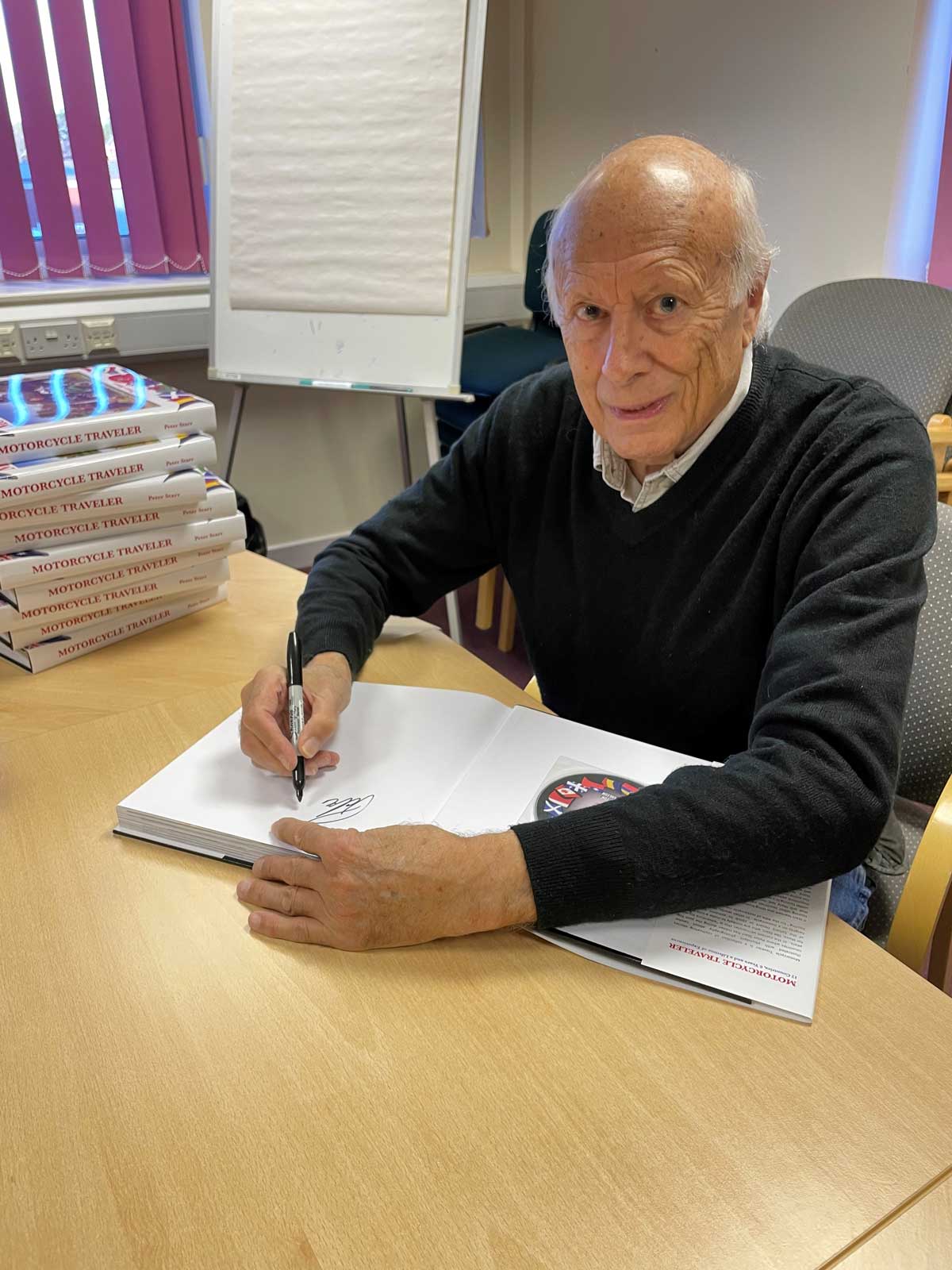
Who is Oliveira: Award-Winning Portuguese Filmmaker Explores Life, Love, And Existentialism?
Oliveira: Award-Winning Portuguese Filmmaker Explores Life, Love, And Existentialism is one of the most renowned Portuguese filmmakers of all time. His films have won numerous awards, including the Palme d'Or at the Cannes Film Festival and the Golden Lion at the Venice Film Festival.
Editor's Notes: "Oliveira: Award-Winning Portuguese Filmmaker Explores Life, Love, And Existentialism" have published today date". With a career spanning over six decades, he has produced a body of work that is both critically acclaimed and commercially successful. His films are often characterized by their complex narratives, rich symbolism, and philosophical themes.
Oliveira's films have been praised for their beauty, intelligence, and emotional depth. He is a master of storytelling and his films are often filled with unexpected twists and turns. His work has been compared to that of other great filmmakers such as Ingmar Bergman, Luis Buñuel, and Akira Kurosawa.
| Key differences or Key takeways |
|---|
| - Oliveira is one of the most renowned Portuguese filmmakers of all time. |
| - His films have won numerous awards, including the Palme d'Or at the Cannes Film Festival and the Golden Lion at the Venice Film Festival. |
| - Oliveira's films are often characterized by their complex narratives, rich symbolism, and philosophical themes. |
| - His films have been praised for their beauty, intelligence, and emotional depth. |
| - Oliveira is a master of storytelling and his films are often filled with unexpected twists and turns. |
| - His work has been compared to that of other great filmmakers such as Ingmar Bergman, Luis Buñuel, and Akira Kurosawa. |
Main article topics
FAQ
This comprehensive FAQ section provides detailed answers to frequently asked questions about Oliveira's celebrated body of work. From his exploration of existential themes to his innovative cinematic techniques, gain a deeper understanding of the acclaimed Portuguese filmmaker.

Award-winning filmmaker explores 12 countries on two wheels - Old Bike Mart - Source www.oldbikemart.co.uk
Question 1: What are the recurring themes in Oliveira's films?
Life, love, and existentialism are central to Oliveira's cinematic narrative. His films delve into the complexities of human existence, examining the passage of time, the nature of identity, and the search for meaning in a seemingly absurd universe.
Question 2: How does Oliveira's use of long takes and static shots contribute to his storytelling?
Oliveira's signature use of extended takes and static shots invites viewers to immerse themselves in the unfolding events. These techniques allow for uninterrupted contemplation, emphasizing the nuances of human behavior and the significance of silence.
Question 3: Why are Oliveira's films considered challenging to watch?
Oliveira's films often confront viewers with unconventional narratives, non-linear structures, and ambiguous endings. His deliberate pacing and lack of conventional plot devices require active engagement from the audience, challenging traditional notions of cinematic entertainment.
Question 4: How does Oliveira's work reflect Portuguese culture and history?
Oliveira's films are deeply rooted in Portuguese history, culture, and landscape. He explores the country's colonial past, its political transformations, and the unique characteristics of Portuguese society, providing a profound insight into the nation's collective memory.
Question 5: What is Oliveira's legacy in cinema history?
Oliveira's innovative approach to filmmaking has left an enduring mark on world cinema. He is celebrated for his groundbreaking techniques, his exploration of existential themes, and his dedication to preserving the art form. His influence continues to inspire contemporary filmmakers.
Question 6: Are Oliveira's films accessible to audiences unfamiliar with his work?
While Oliveira's films may require some effort to engage with, they are accessible to audiences open to unconventional storytelling and willing to embrace the challenges they present. By immersing themselves in his cinematic vision, viewers can gain a deeper understanding of human existence and the complexities of the human condition.
In conclusion, Oliveira's films offer a profound exploration of life, love, and existentialism through his unique filmmaking techniques. By challenging conventional narrative structures and inviting active audience participation, he creates a cinematic experience that leaves a lasting impact.
Proceed to the next section to delve further into Oliveira's cinematic achievements and the critical analysis of his work.
Tips
Musing on the profound themes of existence, renowned Portuguese filmmaker Manoel de Oliveira's cinematic masterpieces offer unique perspectives on life, love, and existentialism. Here are some valuable lessons to glean from his thought-provoking works:
Tip 1: Embrace Imperfection
Oliveira's films celebrate the flawed and imperfect nature of human existence. By acknowledging and accepting our limitations, we can unlock a deeper understanding of ourselves and our place in the world.
Tip 2: Seek Meaning in the Mundane
Oliveira's films often explore the hidden significance within seemingly ordinary moments. By paying attention to the details and nuances of everyday life, we can uncover profound insights and appreciate the beauty of existence.
Tip 3: Question Everything
Oliveira's films encourage us to challenge assumptions and explore alternative perspectives. By questioning established beliefs and societal norms, we can gain a deeper understanding of our own values and the world around us.
Tip 4: Embrace the Unknown
Oliveira's films remind us that life is inherently uncertain. By embracing the unknown and accepting the limitations of our knowledge, we can open ourselves up to new experiences and possibilities.
Tip 5: Cherish Relationships
Oliveira's films explore the complexities of human relationships. By valuing connections and investing in meaningful interactions, we can enrich our lives and find purpose and fulfillment.
Through his profound insights and evocative storytelling, Manoel de Oliveira Oliveira: Award-Winning Portuguese Filmmaker Explores Life, Love, And Existentialism invites us to contemplate the fundamental questions of human existence. By embracing these lessons, we can cultivate a deeper understanding of ourselves, our relationships, and the world around us.
Oliveira: Award-Winning Portuguese Filmmaker Explores Life, Love, And Existentialism
Manoel de Oliveira, the renowned Portuguese filmmaker, dedicated his life's work to exploring profound themes of life, love, and existentialism through his films. His distinctive style, characterized by long takes, non-professional actors, and evocative narratives, has earned him critical acclaim and numerous awards, solidifying his position as one of the most influential figures in cinema.
- Existential Questions: Oliveira's films grapple with fundamental questions of human existence, exploring the nature of life, death, and the search for meaning.
- Poetic Realism: His films often blend reality and fiction, creating a poetic and dreamlike atmosphere that invites viewers to contemplate the complexities of human experience.
- Time and Memory: Oliveira's films frequently explore the passage of time and the power of memory, examining how past experiences shape our present and future.
- Love and Relationships: Love, both romantic and familial, is a central theme in Oliveira's work, examining its transformative power and the challenges it presents.
- Social Commentary: Oliveira's films often provide subtle critiques of Portuguese society, addressing issues of class, tradition, and the changing political landscape.
- Collaborative Process: Oliveira frequently collaborated with family members, non-professional actors, and longtime cinematographer Acácio de Almeida, fostering a unique and personal filmmaking process.
Oliveira's films, such as "The Valley of Abraham," "I'm Going Home," and "The Cannibals," exemplify his masterful handling of these key aspects. Through his contemplative and thought-provoking narratives, Oliveira invites viewers to reflect on the profound questions of life, love, and the human condition. His work continues to inspire and challenge audiences, solidifying his legacy as a cinematic visionary who explored the very essence of human existence.

AWARD-WINNING FILMMAKER EXPLORES TRUE HISTORY OF KEY WEST - Source keysweekly.com
Oliveira: Award-Winning Portuguese Filmmaker Explores Life, Love, And Existentialism
Manoel de Oliveira was a renowned Portuguese filmmaker whose work consistently delved into the profound themes of life, love, and existentialism. His films often explored the complexities of human relationships, the search for meaning in life, and the inevitability of death. Oliveira's unique cinematic style, characterized by long takes, sparse dialogue, and a focus on the everyday, allowed him to capture the subtleties and nuances of the human experience.

Introducing Existentialism – Introducing Books – Graphic Guides - Source introducingbooks.com
One of Oliveira's most acclaimed films, "Vale Abraão" (1993), follows the lives of four elderly men who spend their days discussing philosophy, literature, and the meaning of existence. The film's contemplative pace and minimalist aesthetic create a profound meditation on aging, mortality, and the search for meaning in the face of the unknown. Another notable work, "The Convent" (1995), tells the story of a group of nuns who are forced to confront their faith and their own humanity when a young woman seeks refuge in their convent. Oliveira's sensitive and nuanced portrayal of the characters' inner struggles earned the film widespread critical acclaim.
Throughout his career, Oliveira continued to explore existential themes through his films. In "Inquietude" (2001), he examined the nature of love and loss through the story of a couple who are separated by death. "The Past and the Present" (2008) delved into the complexities of memory, history, and the passage of time. Oliveira's films offered audiences a profound and thought-provoking examination of the fundamental questions of human existence.
Manoel de Oliveira's distinctive cinematic style and his unwavering exploration of life's profound themes have left a lasting legacy in world cinema. His films continue to be celebrated for their depth, their emotional resonance, and their ability to illuminate the complexities of the human condition.
Recomended Posts


